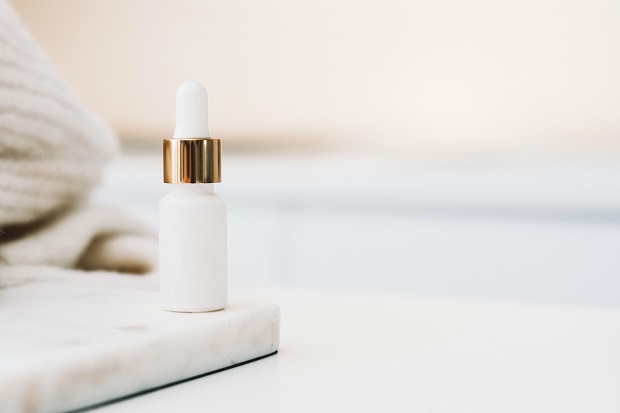Dark spots— also called hyperpigmentation— can truly do a number on your self-esteem. While all skin is beautiful, it’s understandable if you’re less-than-thrilled by the appearance of dark spots on your skin. So, what can you do about it? Do you rush to the dermatologist? Amp up your moisture levels? Or do you just accept that hyperpigmentation is part of your life?
Well, no matter your skin type, there are things you can do to say goodbye to some of that discoloration. Here’s what you need to know.
1. Increase your SPF.
Possibly the best way to protect your skin throughout the day is by swiping on the sunscreen. Sun damage is particularly damaging for sensitive skin, though people with darker skin tones may not notice as much of an impact. However, lighter skin is often prone to redness, sun spots, and damage to the pores as a result of UV exposure. If you don’t want to wear a shiny, greasy sunscreen, consider a concealer that has SPF as an active ingredient. Always go for the gold standard when it comes to protecting your skin from the sun.
2. Test out a dark spot corrector.
If you’ve never used a dark spot remover, now might be a perfect time. A dark spot remover works to correct skin discoloration and age spots no matter your complexion or skin texture. Depending on your preferred product, you can get oils, serums, and creams to help tackle those pesky dark spots. If you’re dealing with sunspots and increased melanin production, you may even want to consider a night cream so you can get some extra assistance. Look for a dark spot remover that works well with your skin type and skin tone. If you pair this in a routine with a quality retinol cream, you can also tackle wrinkles and fine lines at the same time.
3. Say hello to vitamin C.
Vitamin C can be used as a topical antioxidant that helps block free radicals. The good news is that this works to undo some of the oxidative damage that causes dark marks and blemishes on the skin. It also helps inhibit the production of melanin which can prevent dark spots more effectively than some other dark spot treatments. Vitamin C is also helpful for breakouts, acne marks, and acne scars. It has a wonderful brightening effect for skin so you should keep this one within an arm’s reach.
4. Hydroquinone
No, not that thing that’s all over the news lately. Hydroquinone has been one of the go-to treatments for dark spots for quite some time. Depending on the particular skincare product you choose, you can see the effects in as little as two weeks though, for most people, it’ll take a bit longer than that. Keep in mind that overuse can cause dryness, redness, and general irritation. If you experience this, stop for a bit or you’ll see breakouts and pimples galore.
5. Soy
It’s great for dipping your sushi but it can also work wonders for the texture of your skin. It has a lightening effect for skin that can directly combat dark spots. Of course, you don’t want to apply soy sauce directly to your face – that might not have the best fragrance. Instead, look for skincare products that are formulated with soy as a key ingredient. Some even support collagen production too, so that’s a win-win.
Honorable mentions also go to kojic acid, azelaic acid, and laser treatments but the previous five are some of the best. Whether you want to even your tone and pigment or simply want to ward off bothersome dark spots, there are plenty of options for you to try out.




















